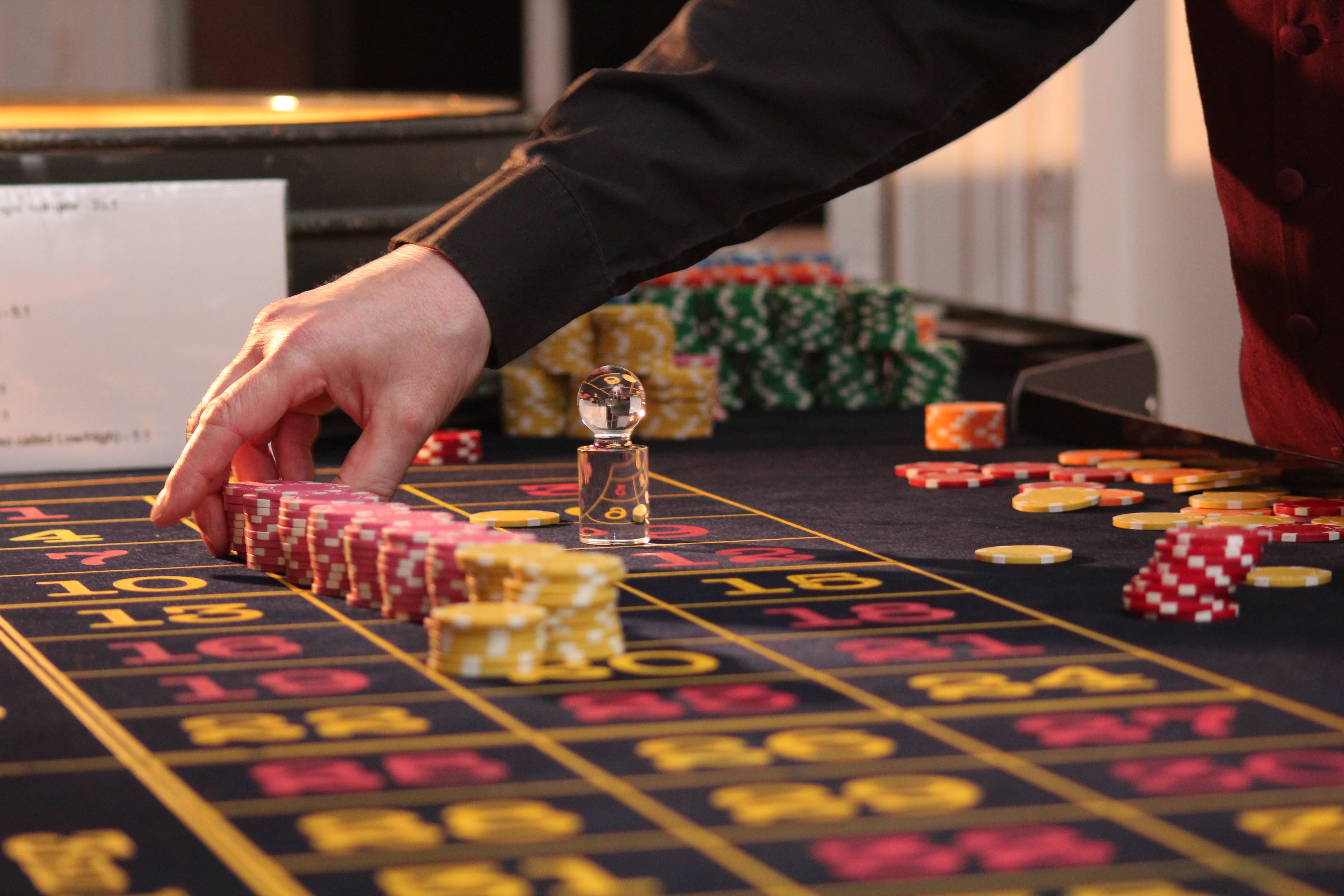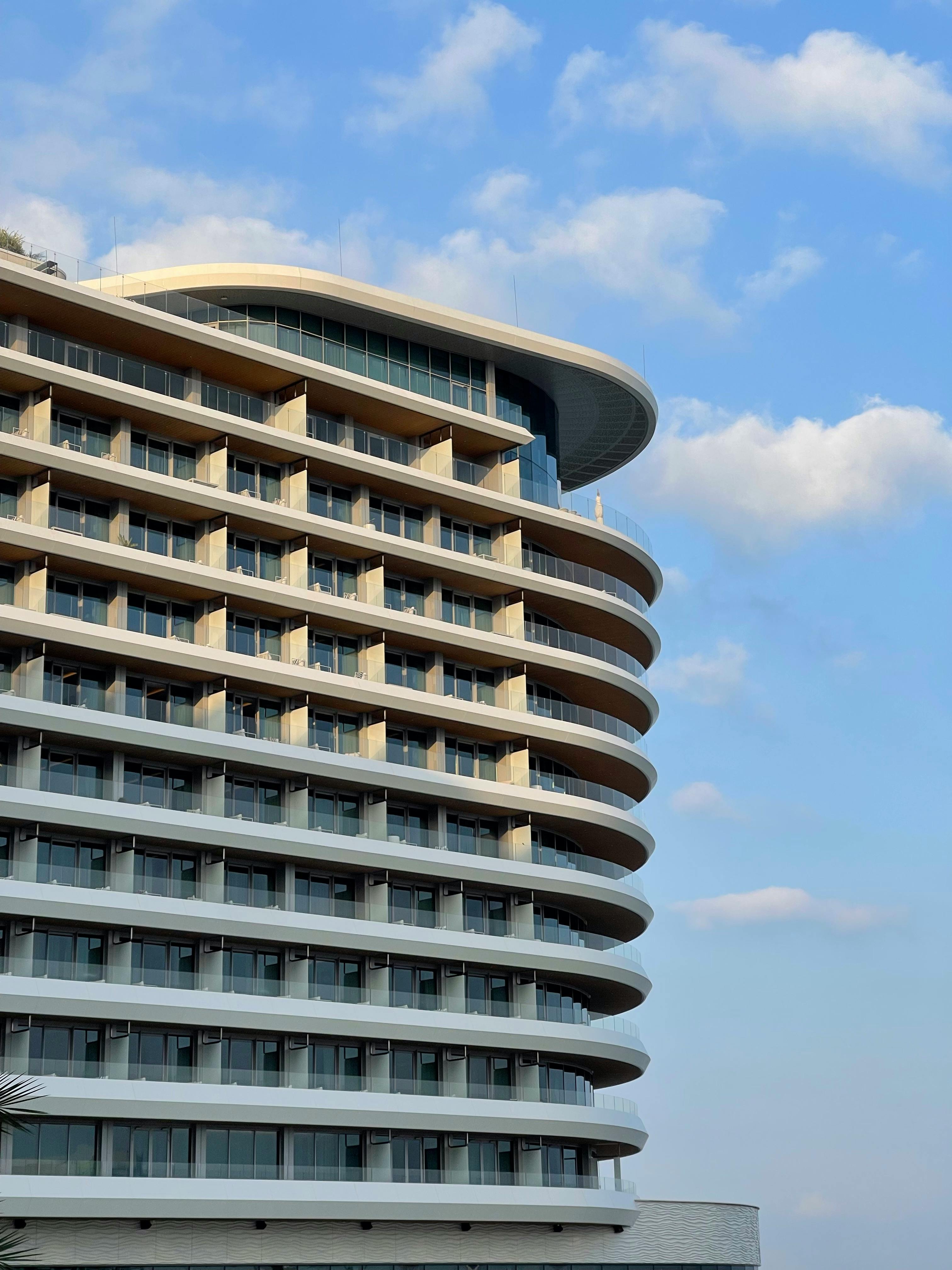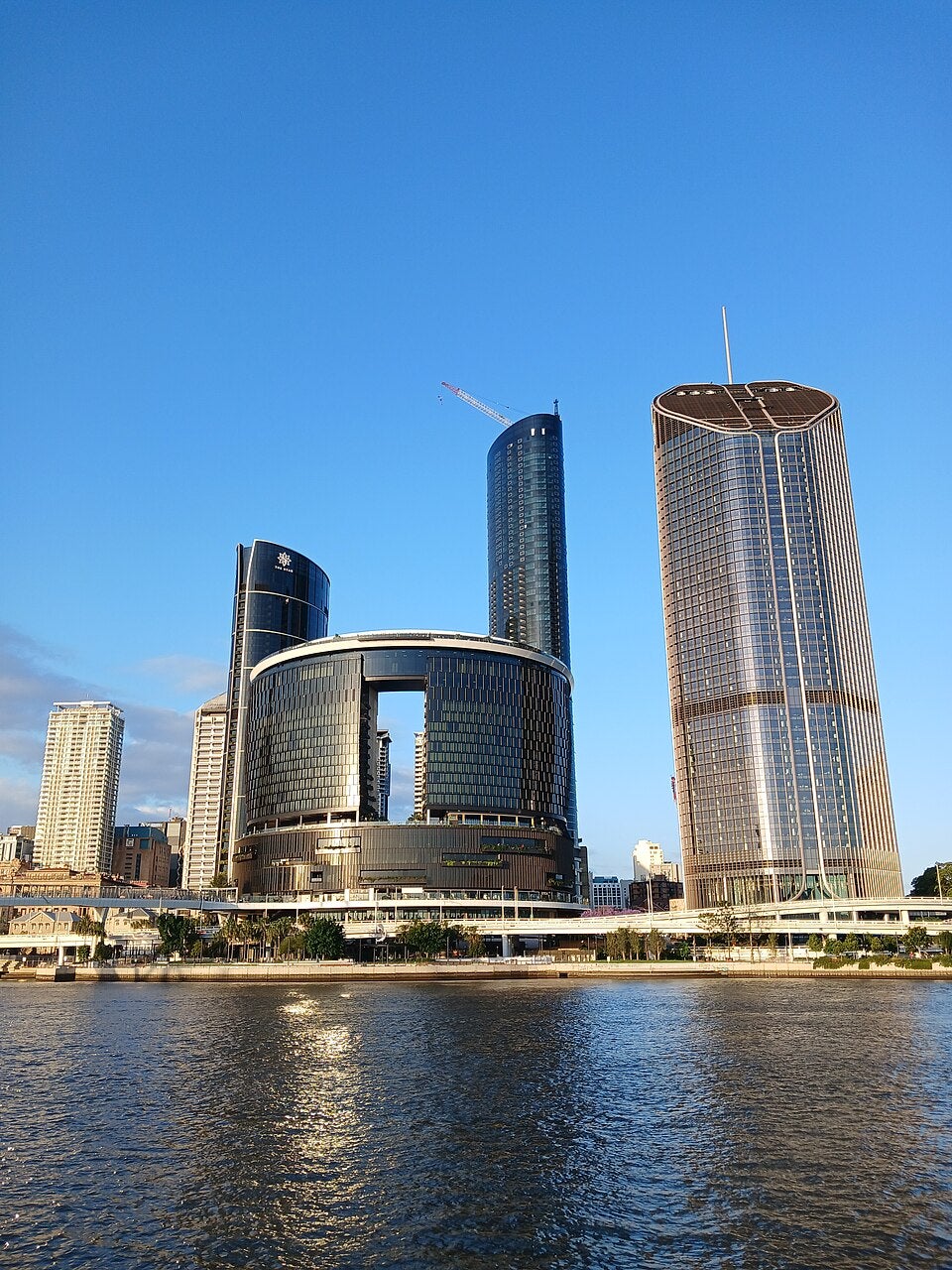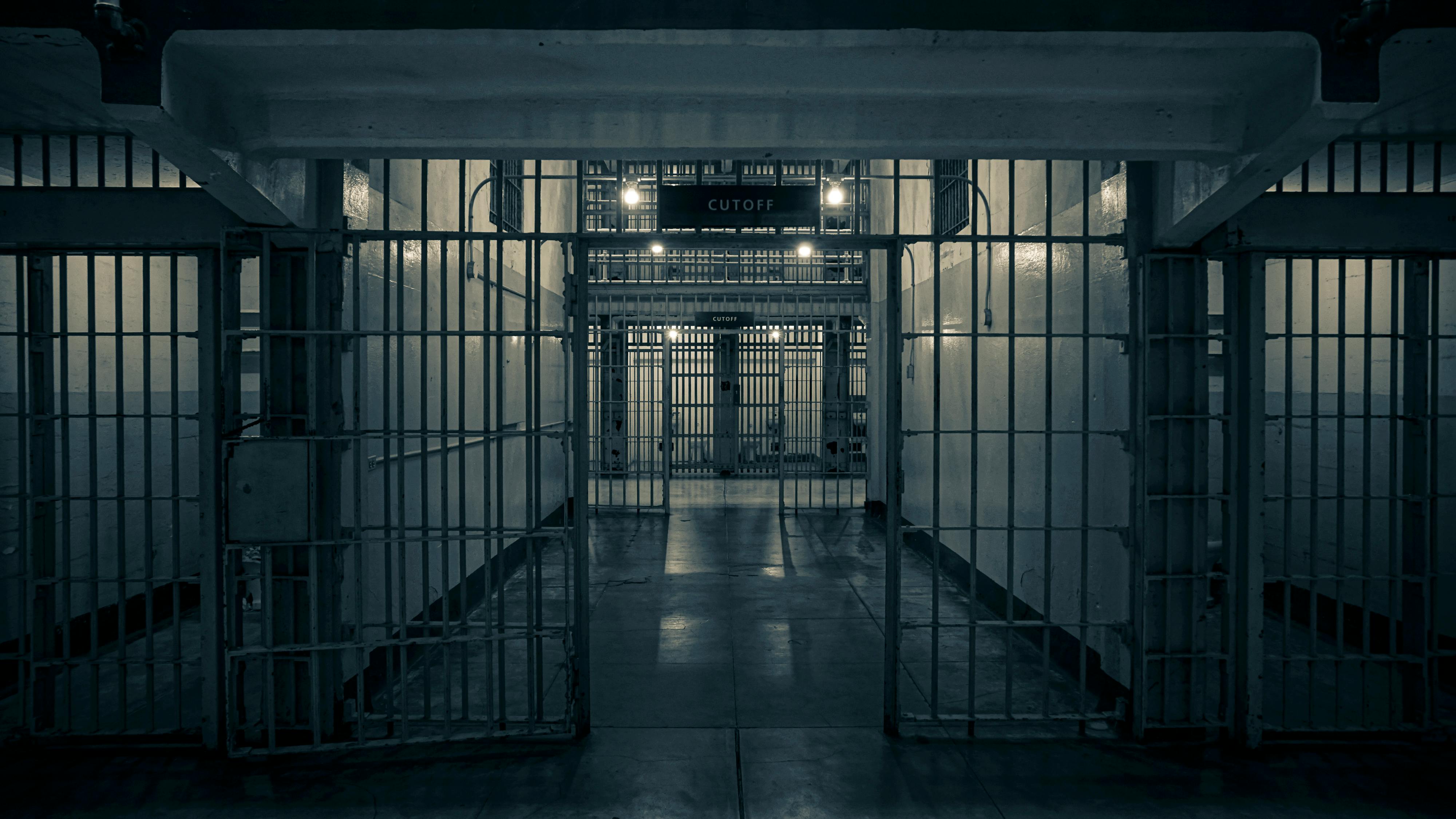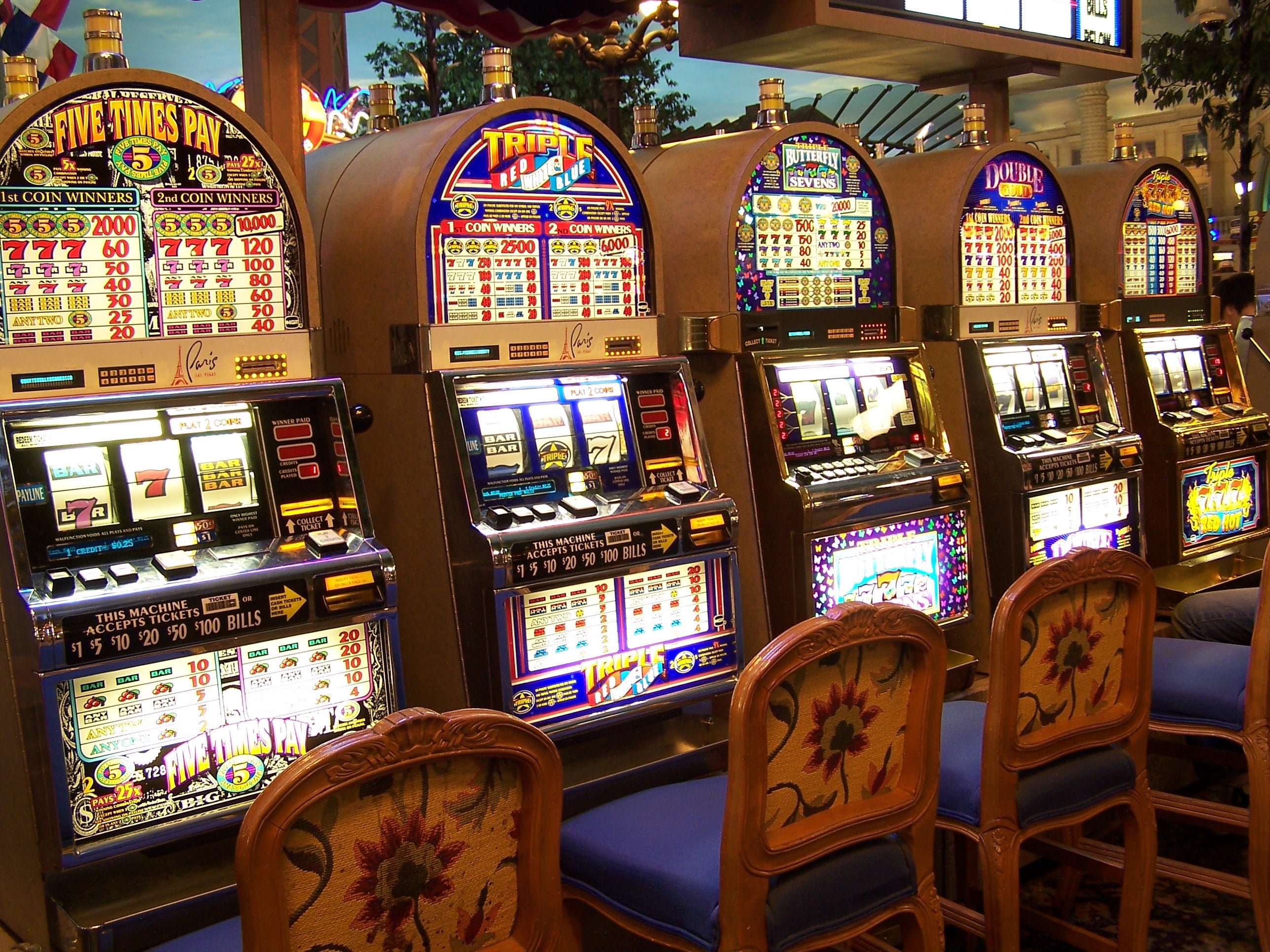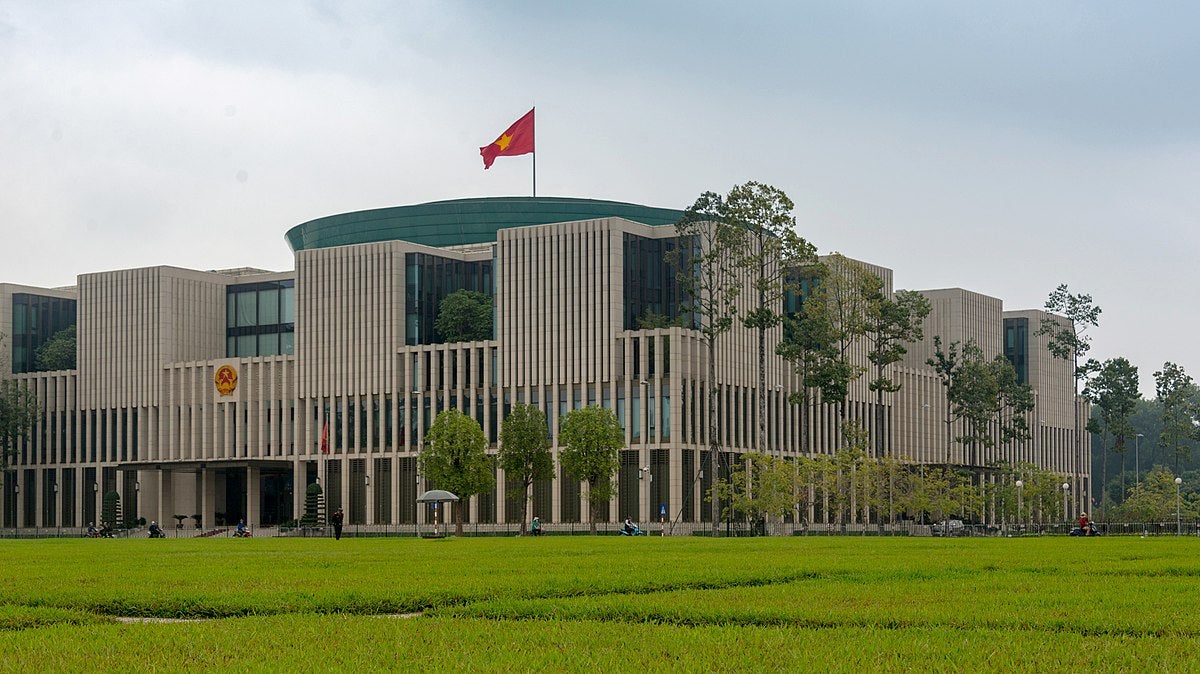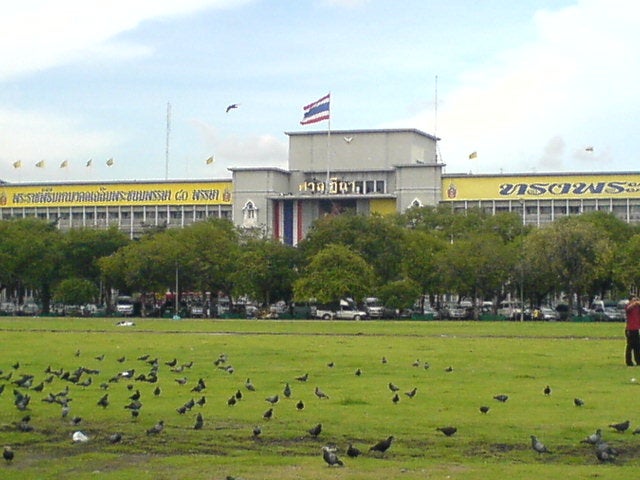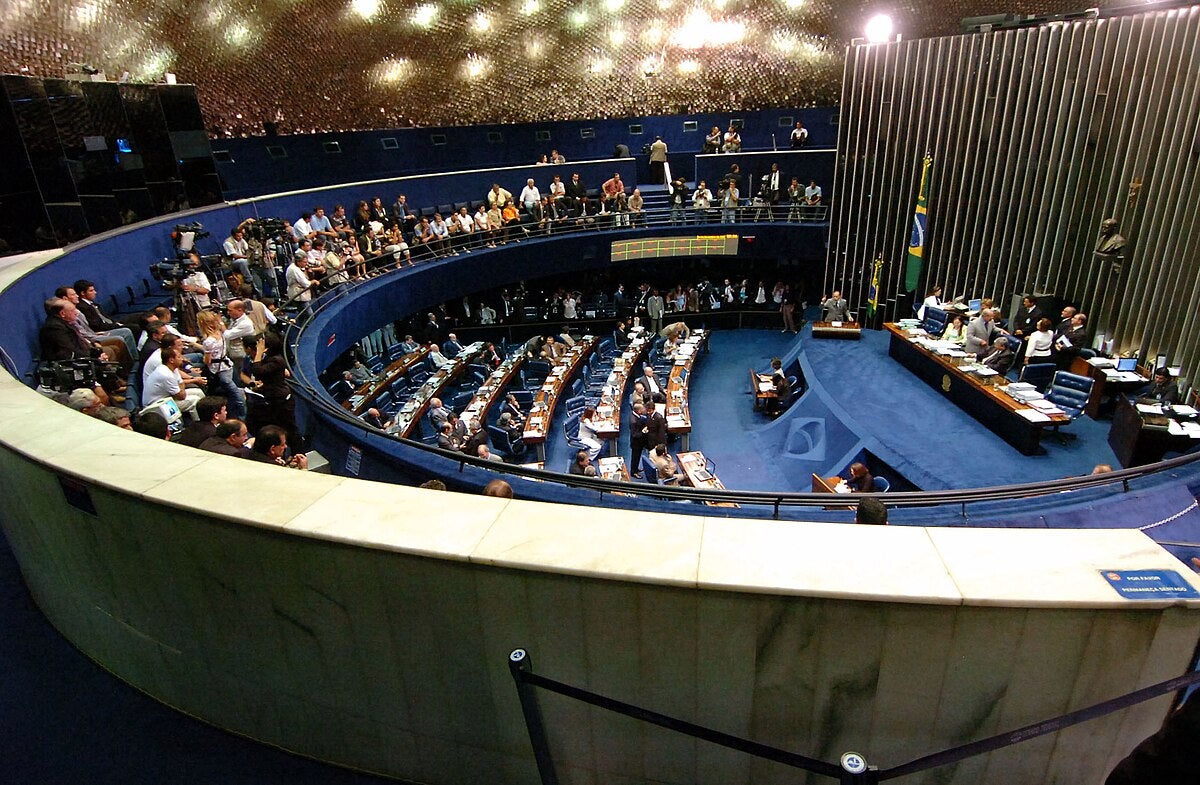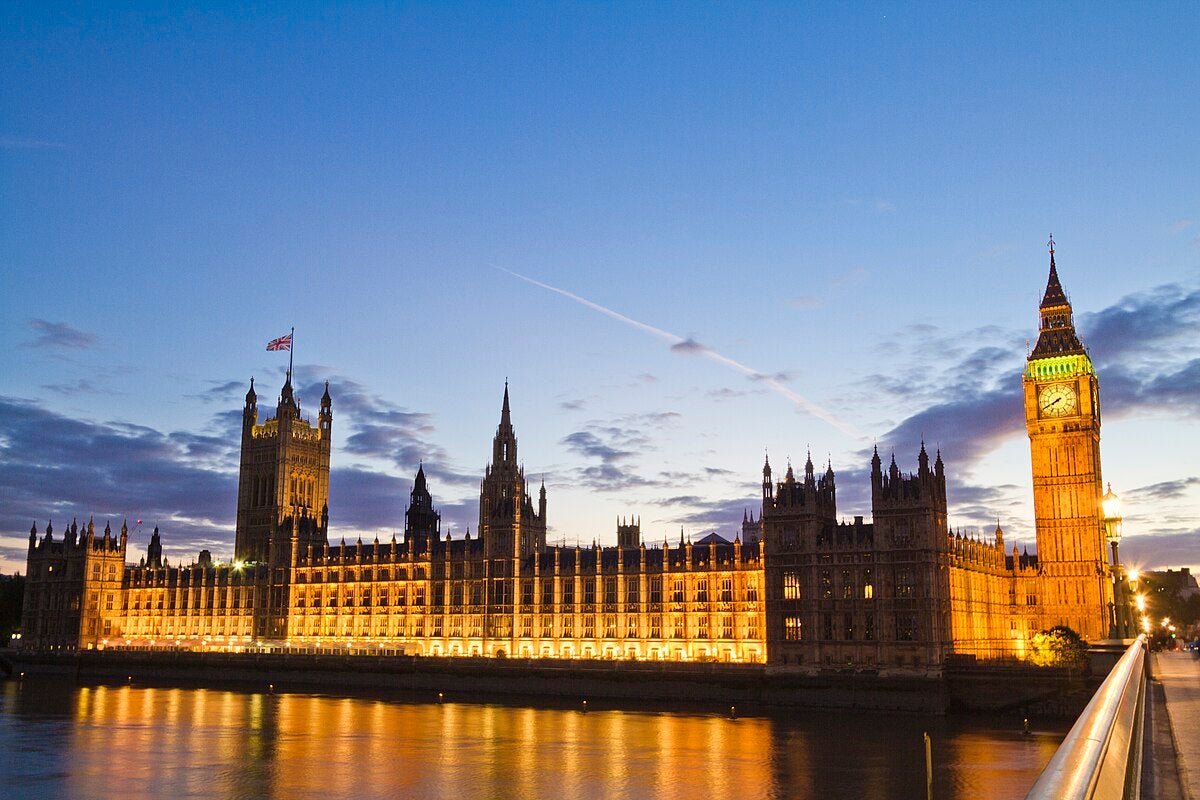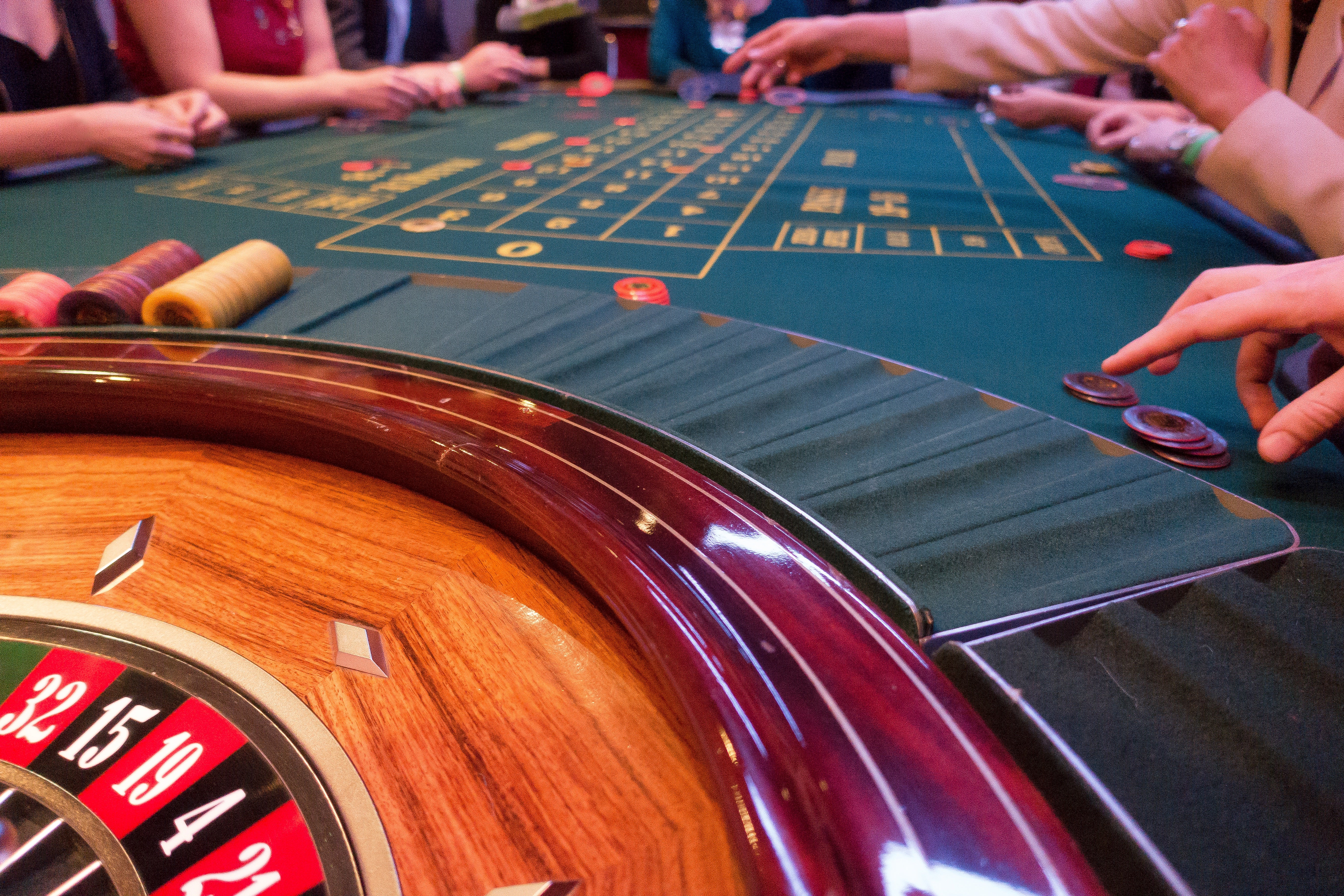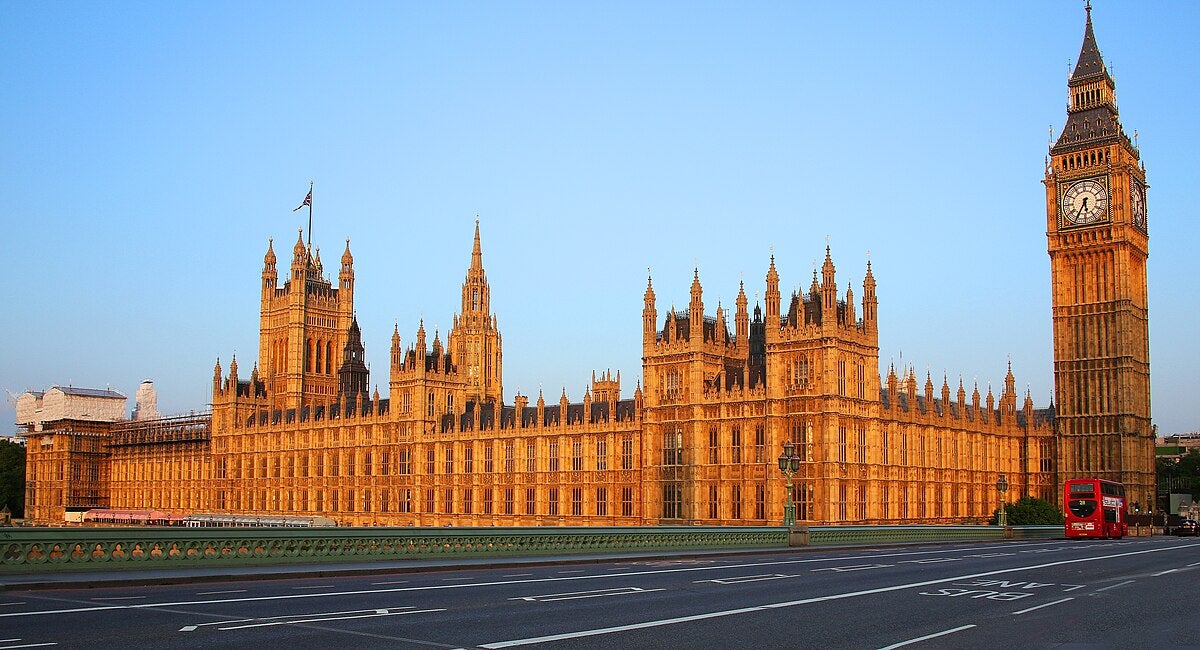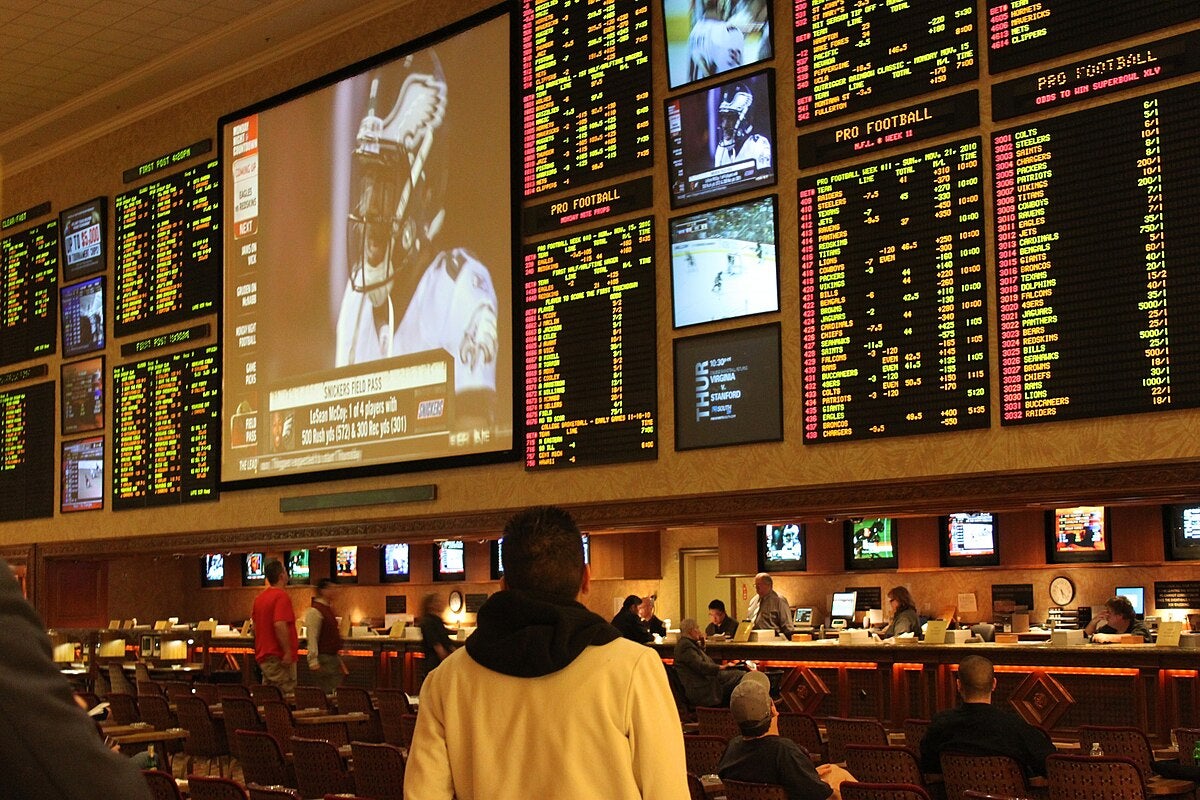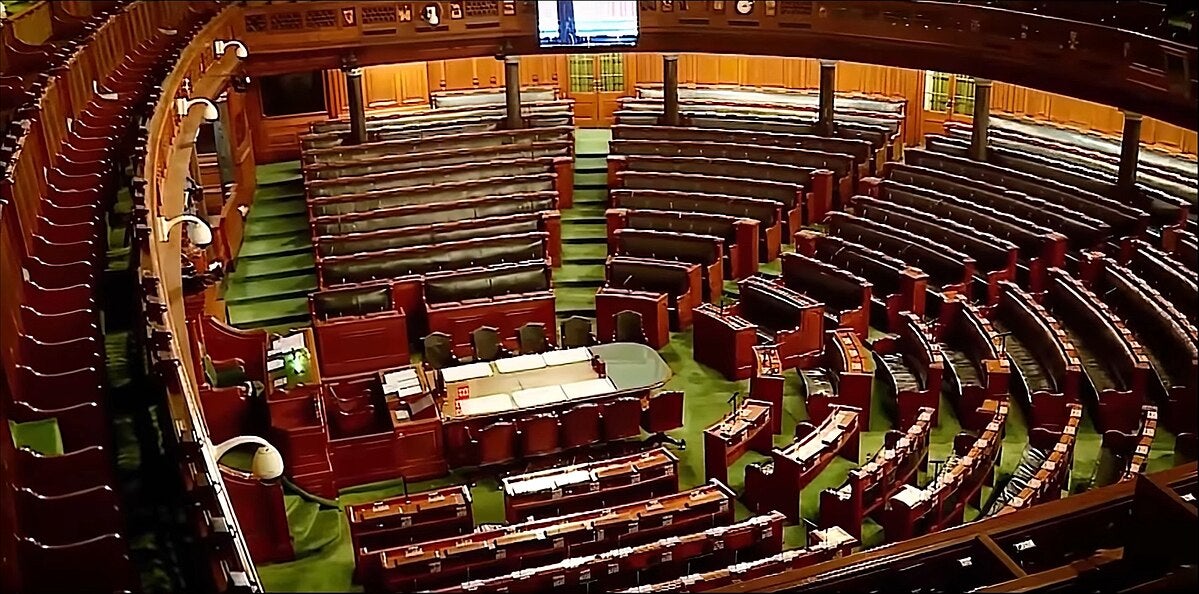Self-Exclusion Non-Compliance
The suspension stems primarily from Wyke Gaming’s refusal to participate in the multi-operator self-exclusion scheme (MOSES), a program mandated for operators across the nation. It allows players struggling with gambling to block access to multiple adult gaming centers in their area. MOSES is designed as a frontline defense against gambling-related harm and is central to the UKGC’s consumer protection framework. Therefore, all licensed venues are expected to participate.
Dispute Resolution Failures
In its enforcement notice, the Commission cited that Wyke Gaming further violated licensing requirements by lacking a formal process to address customer complaints. The operator denied patrons access to mandated Alternative Dispute Resolution (ADR) services. UK regulations require gambling service providers to inform customers about their designated ADR provider after unresolved disputes. They are meant to provide a “deadlock letter” confirming eligibility for third-party intervention.
This safeguard ensures players can escalate disputes with operators after eight-week impasses. The ADR providers are then required to adjudicate the complaints independently. Wyke’s failures to implement this system left customers without recourse, interfering with player protection protocols. The regulator underscored the importance of operators detailing which ADR provider to use and their contact details to maintain consumer trust.
Machine Ration Violations
Wyke Gaming’s license suspension was also rooted in its breach of Section 172(1) of the Gambling Act. This law restricts Category B gaming machines (supporting higher stakes/payouts) to 20% of a venue’s inventory. The Commission found the operator exceeded this statutory limit, amplifying concerns about its lack of commitment to mitigating gambling-related harm.
Regulators highlighted that the disproportionate availability of high-stakes machines increases addiction risks, contrasting with responsible gambling obligations. These compounding violations led to the license suspension, which will remain in effect until the Commission can verify Wyke’s facilities meet compliance standards.




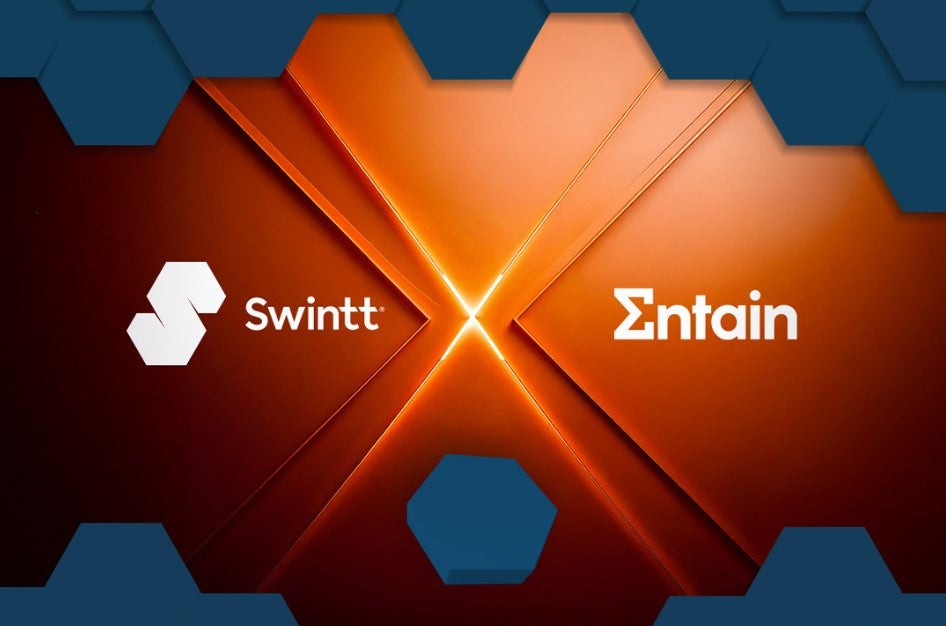

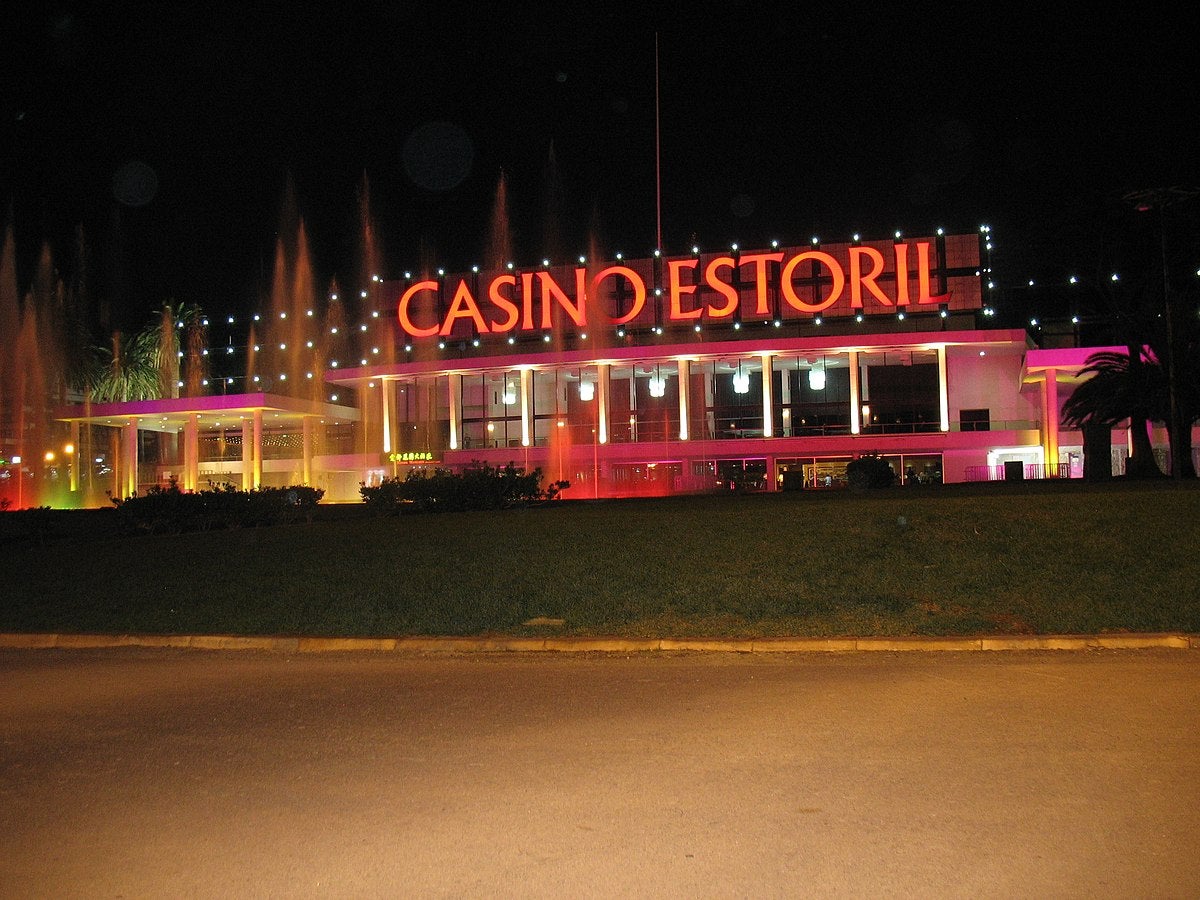
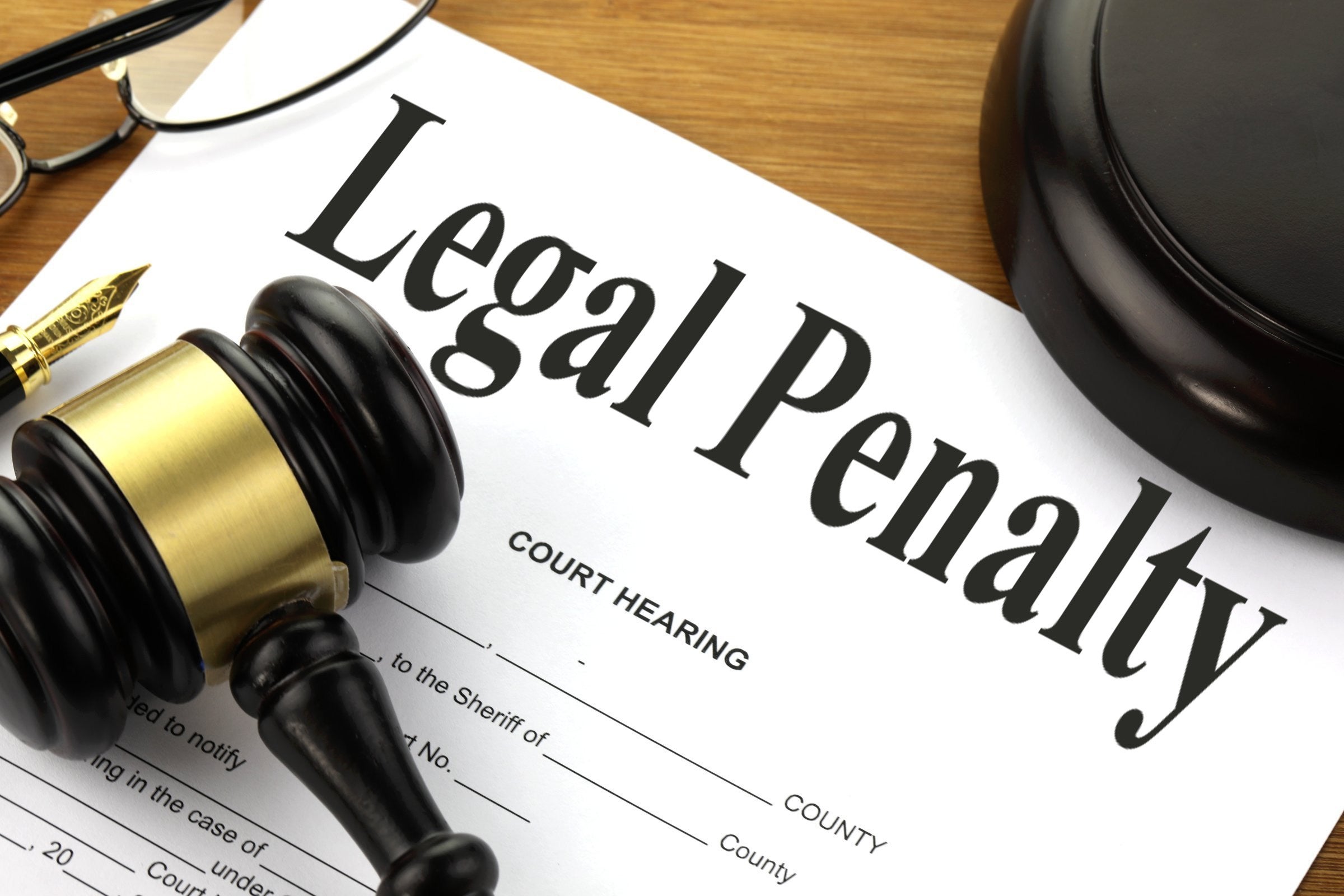

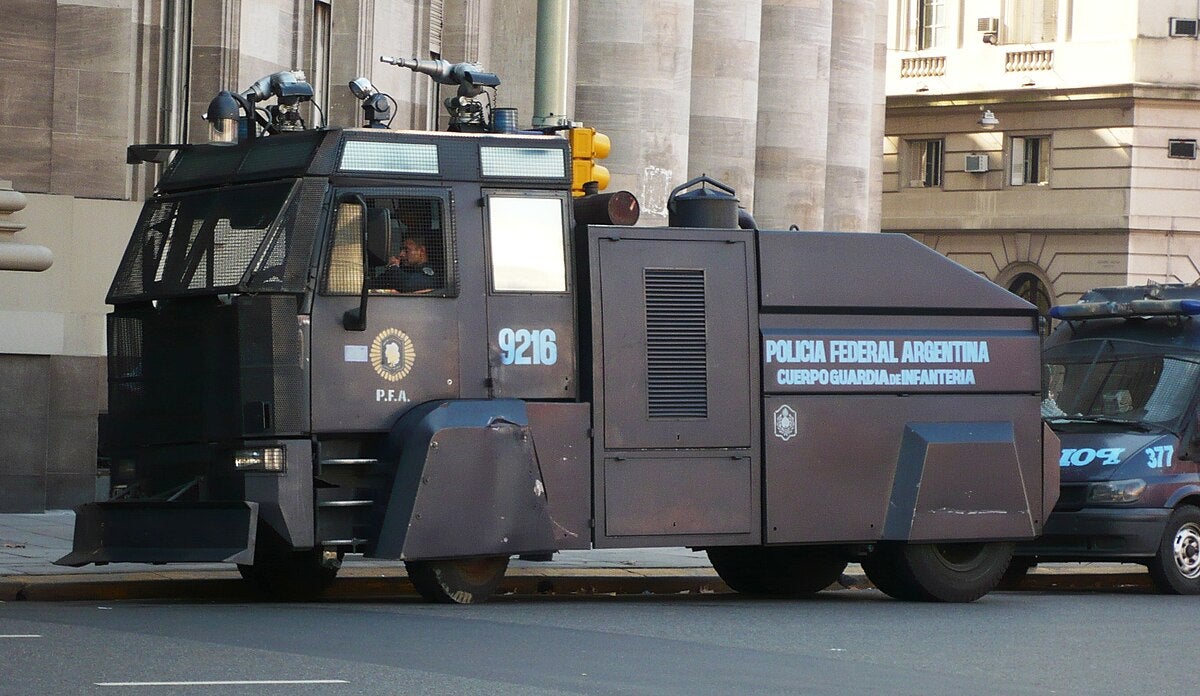

.jpg)
